A gin boom has seen the number of UK distilleries more than double in the last five years, to 315, with 49 new distillers starting up in 2017, according to customs figures released this week. But how much do you know about tasting gin? Amy Wislocki asked experts for some pointers...
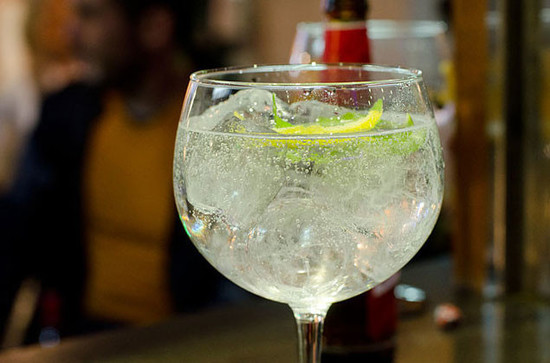
Sometimes a refreshing gin & tonic is the perfect way to celebrate finishing a hard day, and there has never been more choice in the UK.
Even English wineries are getting involved, with Chapel Down recently launching a grape-based gin and Foxhole Spirits based at Bolney Estate, although operated as a separate business.
But how do you taste gin in the best way to appreciate its character and complexity? We spoke to three people working for premium gin brands to get their advice.
The glass
First, the glass. The traditional highball, it seems, just doesn’t cut the mustard – it’s the equivalent of the notorious Paris goblet in the wine world.
There’s a move towards using the copa, popularised in Spain, as it allows more room for swirling and sniffing.
Tom Warner of brand Warner Edwards, favours a large red wine glass for drinking his G&T.
‘You still get enough volume for ice, gin and tonic, but for me it provides a better drinking experience in terms of aroma and flavour,’ he said.
Don’t make yourself nose blind
When sampling gin, nose and taste it first at room temperature, and neat.
‘It will allow the nuances of the gin to be most apparent, though it will mean the alcohol will feel at its most powerful,’ said Brockmans UK brand ambassador Mike Whatmough. ‘But always sip, don’t shoot – take your time.’
‘Over-sniffing neat samples can lead to you going “nose blind” though, so make sure you give your nose a break,’ warned Warner, who also advocates doing this before you add tonic.
What to look for on the palate
‘Gin tends to be powerfully flavoured, so there’s no need to draw air through the liquid to your palate, but rolling the spirit around your mouth to coat it before swallowing will enable you to fully taste it.’
‘In a similar way to wine tasting, on both nose and palate you are looking for balance (in this case, between botanicals), length and complexity,’ said Whatmough.
‘You should have a journey between the top and bottom notes. Well crafted, well distilled gin should be smooth when tasted neat, with the warmth felt in your chest and not under your eyes! Then how does it mix with tonic? Are the botanicals overwhelmed by quinine or do they mix perfectly to give a rounded, refreshing drink?’
Dominic Limbery, of D1 London Gin, said that you should be looking for a clean flavour profile where you can set apart the botanical components. A high quality base spirit will provide a clear background; a “burn” on the palate is indicative of lower-quality spirit.
If you’re tasting with tonic, Limberry recommends low-calorie tonic: ‘It takes a back seat,’ he said. ‘The sugar in full-fat tonic can suppress the flavour profile.’
Do it yourself
A good way of holding your own tasting would be to get a range of gins with different botanical mixes.
It is becoming increasingly common in the ‘craft’ gin movement for distillers to publish details about the botanicals used, even if the precise recipes remain secret.
You can then experiment with garnishes that work well with the botanicals in a particular gin.
Amy Wislocki attended the 2017 Telegraph Gin Experience at Kensington Roof Gardens in London for this article.
Translated by Sylvia Wu / 吴嘉溦
All rights reserved by Future plc. No part of this publication may be reproduced, distributed or transmitted in any form or by any means without the prior written permission of Decanter.
Only Official Media Partners (see About us) of DecanterChina.com may republish part of the content from the site without prior permission under strict Terms & Conditions. Contact china@decanter.com to learn about how to become an Official Media Partner of DecanterChina.com.

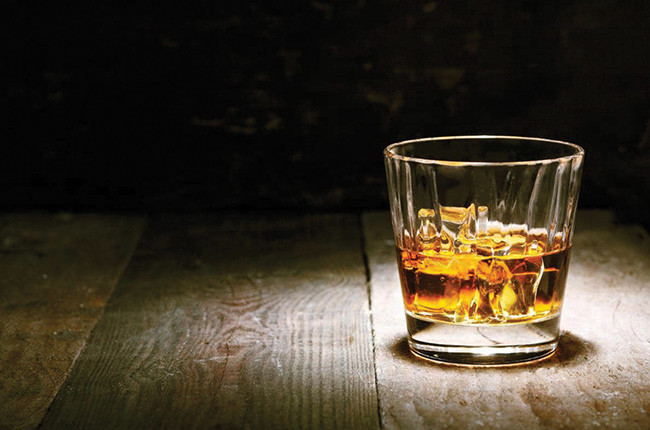

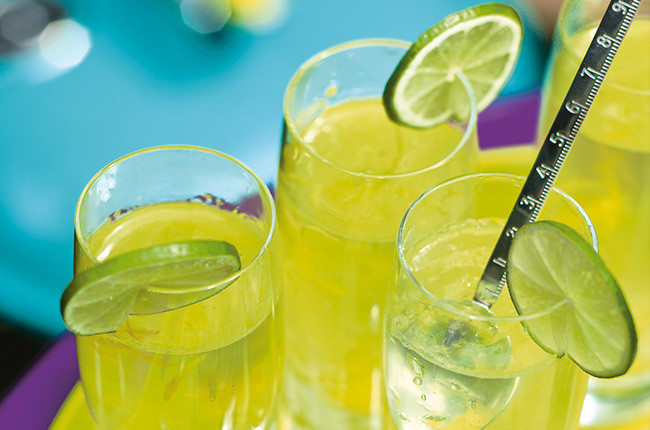
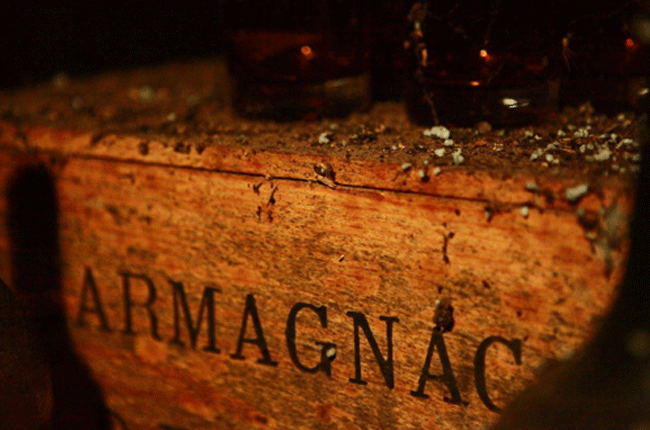
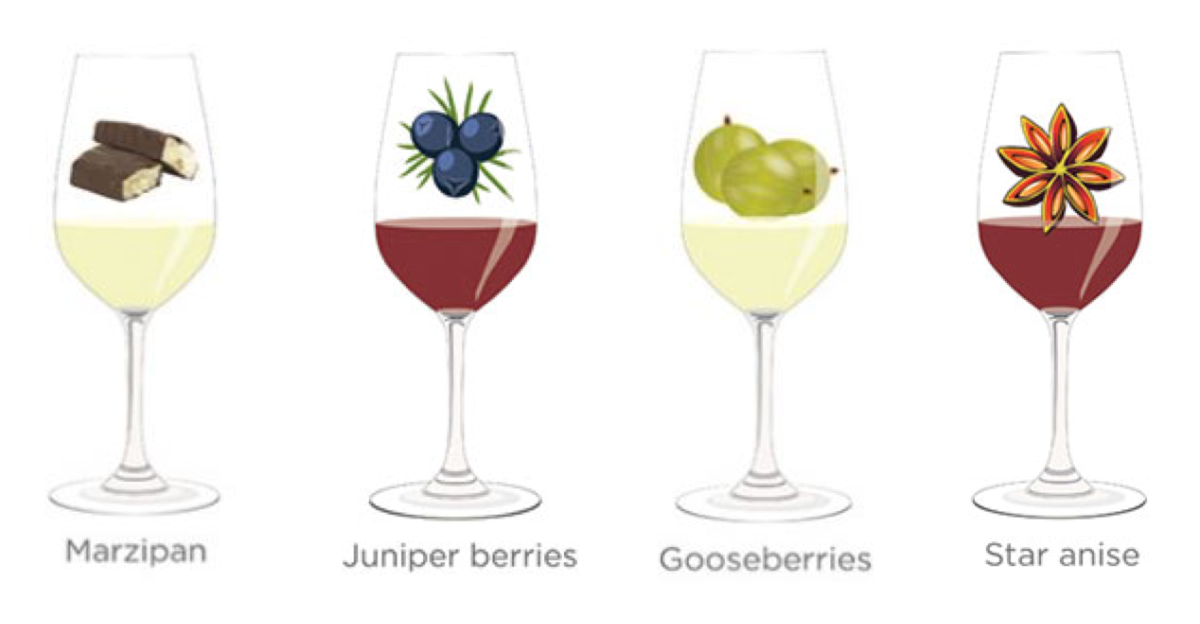

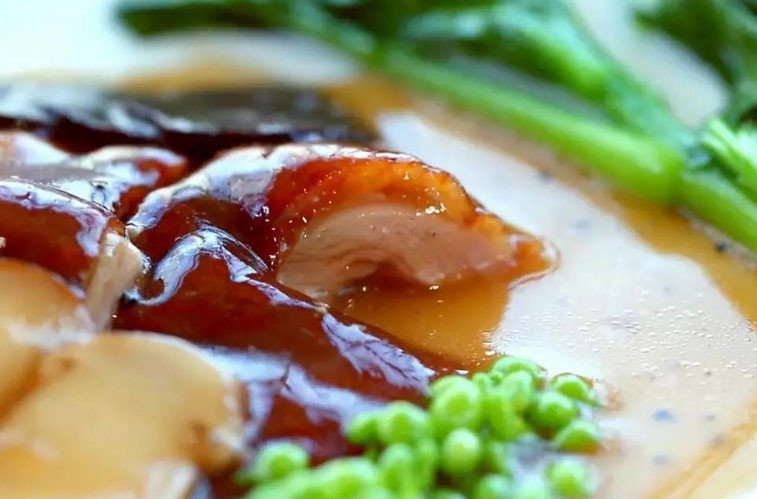
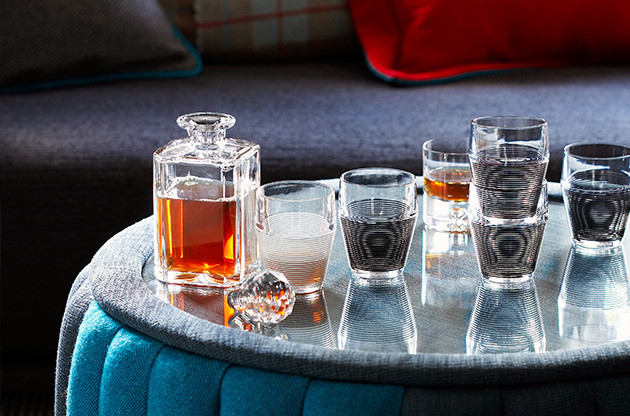
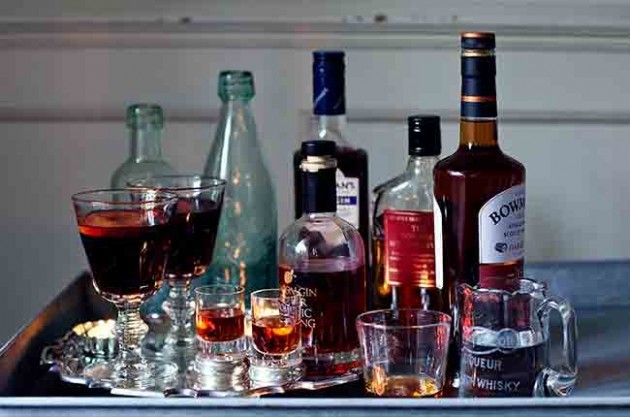
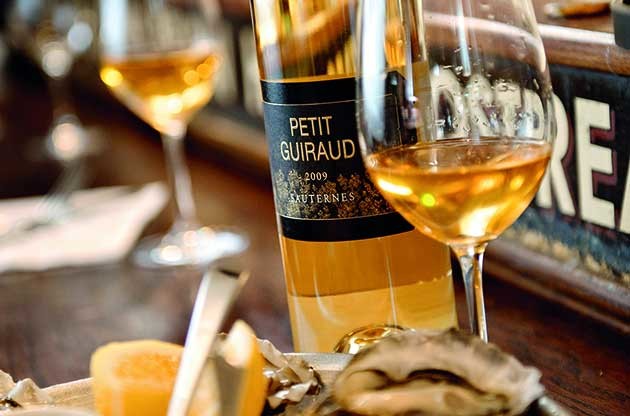
Comments
Submit